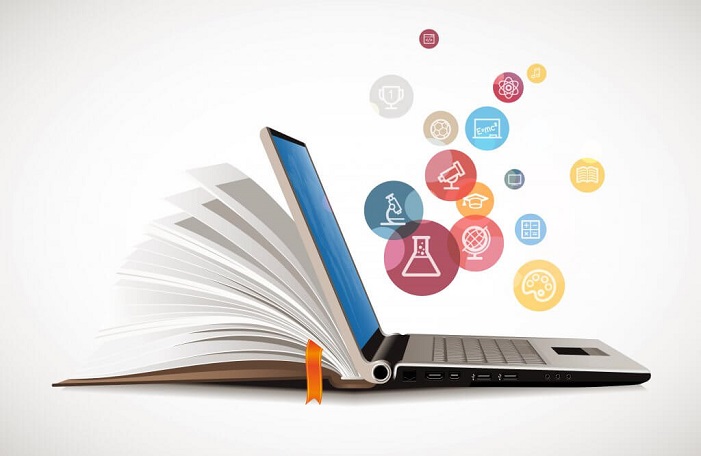What Is Access To Higher Education And How Does It Works?

Access to higher education is a topic close to my heart. It’s not just about earning a degree; it’s about opening doors to opportunities, self-growth, and a brighter future. Whether you’re just finishing high school, changing careers, or looking to enhance your skills, education can be a game-changer.
Why Is Access to Higher Education So Important?
Higher education provides individuals with the tools and knowledge they need to succeed in today’s competitive world. Here’s why it matters:
- Career Opportunities
A degree or certification often serves as a ticket to better job prospects. Many employers look for specialized skills that higher education programs offer. - Personal Growth
It’s not just about the books. Higher education helps you develop critical thinking, problem-solving abilities, and a deeper understanding of the world. - Economic Benefits
Studies show that people with higher education earn more over their lifetime. This doesn’t just benefit individuals but also contributes to a stronger economy.
Barriers to Higher Education
Despite its benefits, access to higher education isn’t always easy. Here are some common challenges:
- Financial Constraints
Tuition fees and other costs can be overwhelming. Scholarships, grants, and affordable loan options can help, but they’re not always enough. - Geographic Barriers
Not everyone lives near a university or college. Thankfully, online learning options are changing this landscape. - Systemic Inequalities
Discrimination and unequal resources in some communities make it harder for everyone to have the same opportunities.
How to Make Higher Education More Accessible
From my experience, here are some steps that can make a big difference:
- Promote Financial Aid Awareness
Many students miss out on grants and scholarships simply because they don’t know about them. Schools and organizations need to spread the word. - Expand Online Learning
Remote programs provide flexible, affordable options for students who can’t attend in person. - Support Community Colleges
These institutions often provide an affordable pathway to a four-year degree. - Address Inequality
Policymakers and educational institutions need to ensure that all students have equal access to resources, regardless of their background.
Final Thoughts
Access to higher education is more than a privilege; it’s a necessity for building a better world. While there are challenges, there are also many solutions and success stories to inspire us.
If you’re considering higher education, take the leap. There’s no one-size-fits-all approach, but there’s always a way to make it work.
FAQs About Access to Higher Education
1. What does “access to higher education” mean?
It refers to the ability for individuals to enroll in and benefit from college, university, or other post-secondary educational programs. This includes overcoming financial, social, and geographical barriers.
2. Why is access to higher education important?
Higher education helps individuals gain skills and knowledge for better job opportunities, personal development, and economic growth. It also plays a role in reducing inequality and fostering innovation.
3. What are the biggest challenges to accessing higher education?
The main challenges include high tuition costs, limited availability of nearby institutions, lack of awareness about financial aid, and systemic barriers such as discrimination or inadequate resources in some communities.
4. Are there affordable options for higher education?
Yes! Community colleges, online programs, scholarships, grants, and work-study programs can help reduce costs. Exploring these options can make education more accessible.
5. How can online learning help with access?
Online learning removes geographical barriers, provides flexible scheduling, and often costs less than traditional on-campus programs, making it a great option for many students.
6. What role do scholarships and grants play?
Scholarships and grants provide financial assistance to students, reducing the burden of tuition and other expenses. Unlike loans, they don’t need to be repaid.
7. What is the role of community colleges in higher education?
Community colleges offer affordable, local options for students to start their education. Many programs allow students to transfer to four-year universities later.
8. How can systemic inequalities in education be addressed?
Improving funding for underprivileged schools, creating mentorship programs, and enforcing anti-discrimination policies can help level the playing field for all students.
9. What can I do if I can’t afford higher education?
Explore all financial aid options, including scholarships, grants, and federal student loans. You can also consider starting at a community college or taking online courses to save money.
10. Is higher education worth it?
While it depends on individual goals, higher education often leads to better job opportunities, higher earnings, and personal growth, making it a worthwhile investment for many.
11. Can I succeed without higher education?
Yes, but it depends on your career path. Trades, entrepreneurship, and self-learning are viable options for some fields. However, higher education can open doors that might otherwise remain closed.
12. How do I find resources to help me access higher education?
Start with your school counselor, local library, or online platforms that offer information on scholarships, grants, and college application processes. Many nonprofit organizations also offer support.





